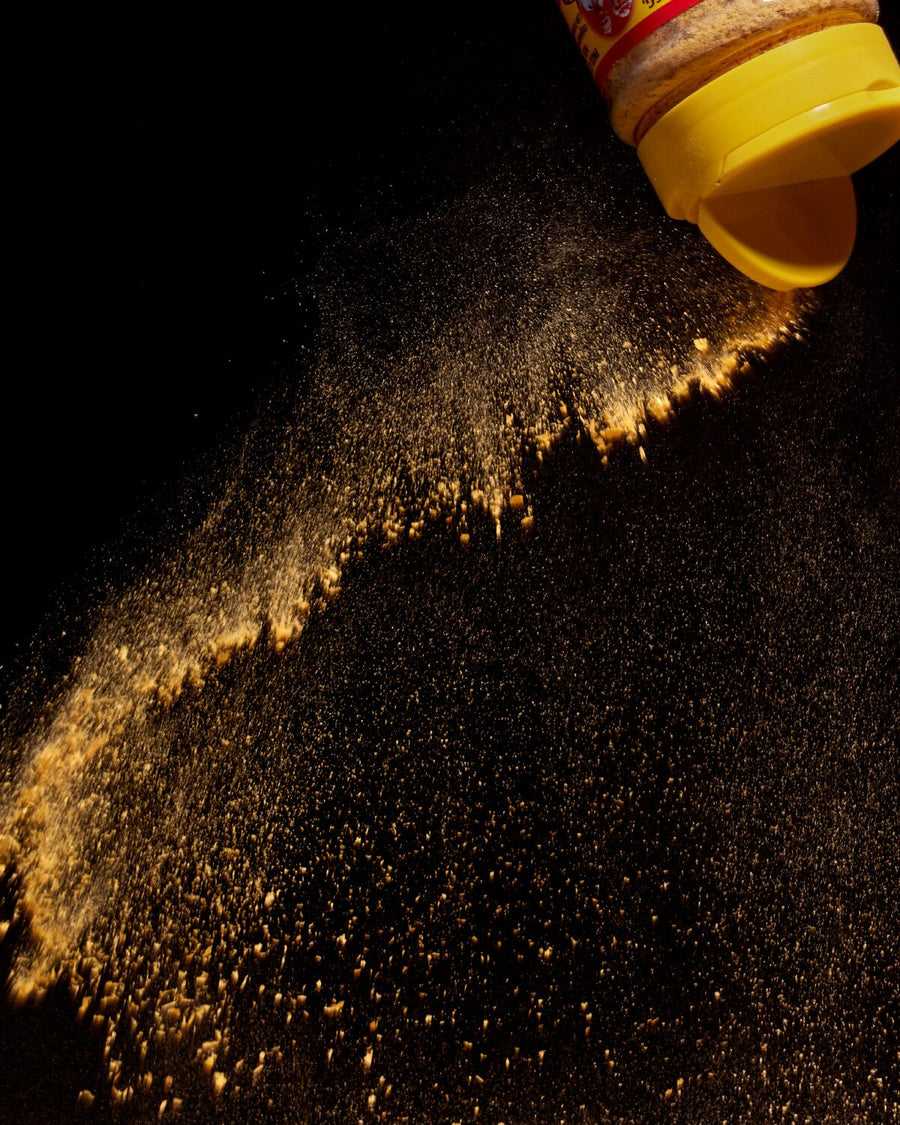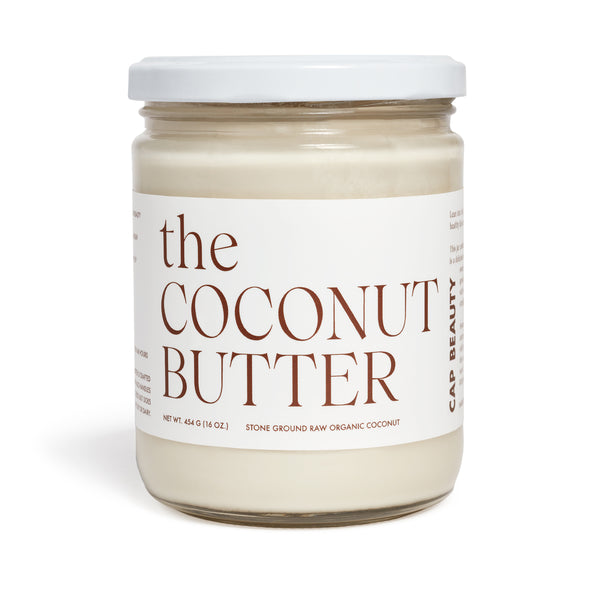Is it healthy?
I've recommended nutritional yeast for years. Nutritional yeast is a dried, deactivated form of yeast prevalent in the vegan world because, as you know, it contains important B vitamins (including fortified B12, a critical water-soluble vitamin), folate, protein and is a plant based replacement for dairy because of its flavor profile. So we can make a range of fun and delicious recipes with these golden yellow flakes while steering clear of clogging pasteurized cow dairy!
What about the candida crowd? Should someone with a yeast overgrowth steer clear?
Yes. I always recommend clients removing nutritional yeast until the body and gut microbiome heal from yeast and fungus overgrowth and infections as it is not well-tolerated during this time and can add to the growth of yeast, as opposed to cultured veggies and coconut fermented with sea salt, which can help the body build good bacteria and support gut healing!
I tend to reduce or remove ALL fermented foods while clients are in the critical stages of healing from candida/yeast/fungus. Although it really depends on the individual and the severity of the infection.
I've heard that nutritional yeast contains MSG. Is this true?
Yeast-based products naturally contain glutamic acid (an amino acid, which is necessary for brain and gut health). MSG, monosodium glutamate, is an isolated salt of glutamic acid, which is a synthetic form and used as a flavor enhancement (think Chinese food, Doritos, packaged food, seasonings, meat products and dairy products). There have been rumblings in the health community that nutritional yeast is in fact MSG. This is only the case if it has been added. However, those who are sensitive to MSG may want to opt out of eating nutritional yeast because of the glutamic acid naturally present in this food.
This content is not intended to be a substitute for professional medical advice. Always seek advice from your health provider before altering your routine.




